extending our table - SURPRISED by strangers guide
As we journey through this series, we are exploring the vision and calling we believe God has placed on our community for 2025: Extending Our Table. This phrase is more than just an image; it is a posture, an invitation to expand our hospitality, embrace discomfort, and welcome the unexpected. In this guide, we will reflect on how Jesus models table fellowship in Luke 7 and consider what it means to extend our own tables in tangible ways.
Discussion Questions
Part 1: The Image of an Expanding Table
Reflect on a time when you hosted or attended a meal where the space had to be adjusted to accommodate more people. How did that experience feel? What were the challenges and joys of making space?
The idea of extending the table suggests that hospitality often requires flexibility and creativity. Where do you see God inviting you to be more open and adaptable in your relationships and community involvement?
Part 2: Discomfort and Belonging
The table can be a place of discomfort—new foods, unfamiliar customs, or unexpected guests. Have you ever experienced discomfort in a communal setting? How did you respond, and what did you learn from it?
Jesus extends the table in unexpected ways, welcoming both Simon the Pharisee and the unnamed woman in Luke 7. Who are the people or groups that might make you uncomfortable at the table? How might God be inviting you to see them differently?
Part 3: Assumptions and Storytelling
In Luke 7, Simon assumes he knows the woman’s story, but Jesus challenges him to see her through a different lens. How do we make assumptions about others in our own lives? What are some ways we can practice seeing people instead of labeling them?
Have you ever felt like someone misread or misunderstood your story? How did that impact you? How might remembering that experience shape how you engage with others?
Part 4: Hospitality as Mutual Exchange
Biblical hospitality is not just about serving but also receiving. What are some ways you have been served by those you initially thought had little to offer?
The Greek word for hospitality, philoxenia, means “love of the stranger.” How can we move beyond surface-level hospitality and embrace a deeper, more transformative love for those different from us?
Part 5: Practicing Table Fellowship
Who is the “unnamed woman” in your life—the unexpected person God is calling you to welcome, listen to, or learn from?
As a group, brainstorm practical ways to extend the table in your homes, workplaces, or church community. How can you put this vision into practice this week?
Closing Reflection
Take a moment to silently reflect on the following questions:
Where is God stretching you to extend your table?
What assumptions or fears do you need to release?
How can you approach others with curiosity rather than control?
Close in prayer, asking God to open your hearts and homes to the surprising and transformative work of hospitality. Then, as a community, commit to practicing this together beyond this discussion.
Next Steps
As we continue this series, look for opportunities to engage in real-life table fellowship. Join us in the café after this discussion to put these ideas into practice by sharing a meal and meaningful conversation with someone new.

